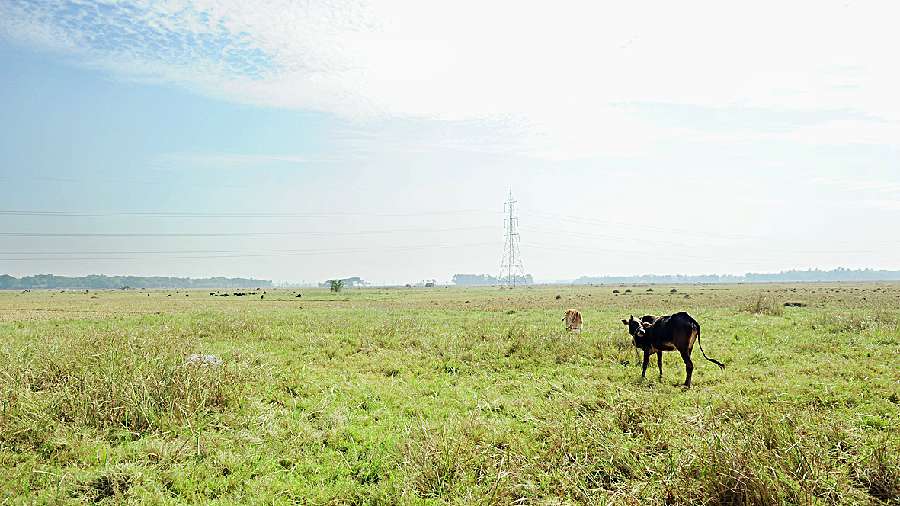The Bengal government is all set to allow its departments to go for the outright sale of land parcels under their possession with the move being attributed to a bid to maximise revenue generation.
“A proposal in this regard is likely to be tabled in the state cabinet soon. Once the cabinet approves the proposal, the departments will be able to sell out plots in their possession. This will allow the state to generate more revenue,” said a senior bureaucrat.
This blanket permission to departments to sell land under their possession, multiple sources said, is unprecedented because traditionally, the government had directly leased out government land to private companies or individuals since Independence.
“In certain cases, the government did sell plots.... But that was limited to a handful of plots and with a particular purpose. This will be the first time that the state government will allow monetisation of land without any conditions or a particular purpose,” said a bureaucrat.
The issue, which has already become a talking point in the corridor of power, has gained momentum as the government has already allowed various corporations and government companies — known as parastatals in administrative parlance — to sell off their plots to generate revenue a few months ago.
“The CMDA (Calcutta Metropolitan Development Authority) has already started the process of selling out plots at some places in the city, including Kasba and Golf Green, after the order was issued. Now, if the departments are allowed, more and more plots will be sold out,” the official explained.
While the final seal of approval on the proposal is still awaited, a section of bureaucrats has begun raising questions on the merit of the move.
“There are primarily two sources from which the government gets land.... One of them is ceiling surplus land, which gets vested with the government for distribution among the landless. The other is through acquisition for a particular purpose like roads and bridges. If the government sells its land, both the purposes are hurt. That is why ethically, a state government cannot go for the outright sale of plots,” said a bureaucrat.
There are also questions about what happens to the land bank that the government has created to offer plots to investors.
A senior official said the decision would be accompanied by a policy where it would be mentioned that land could be sold for commercial purposes.
But a section of the officials said leasing out land for industrial purposes was always a better option, compared to the sale. They said governments used to lease out land for commercial or industrial purposes only to have control over the projects.
A bureaucrat said: “The government can take back the land if the projects are not completed on time or the project is changed midway. If the plot is sold out, the government will not have any control over the project.”
A section of officials, who are aware of the development, said that the government may ask the departments not to sell the plots which were earmarked for distribution among the landless people through pattas.
“But selling out the surplus land (other than those earmarked for distribution) will hurt the development across the state. Given the government’s hands-off land policy, a majority of the development projects are carried out on government land. If government plots are sold out, development projects will come to a halt,” explained an official.










